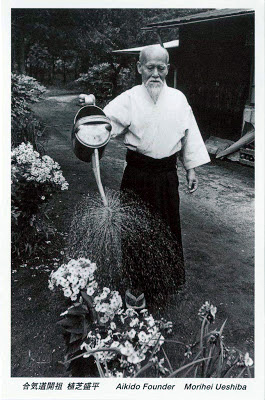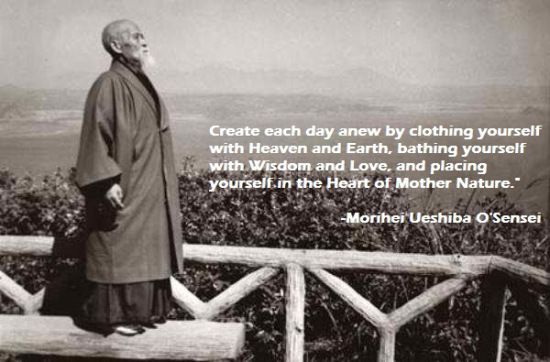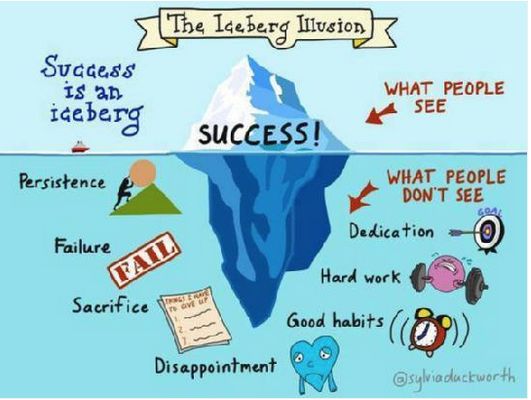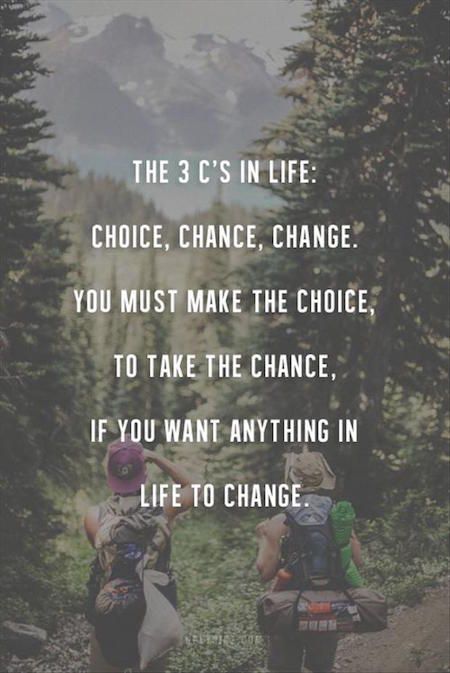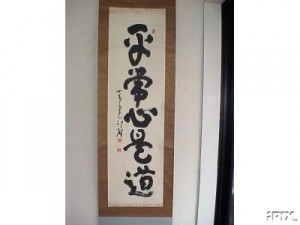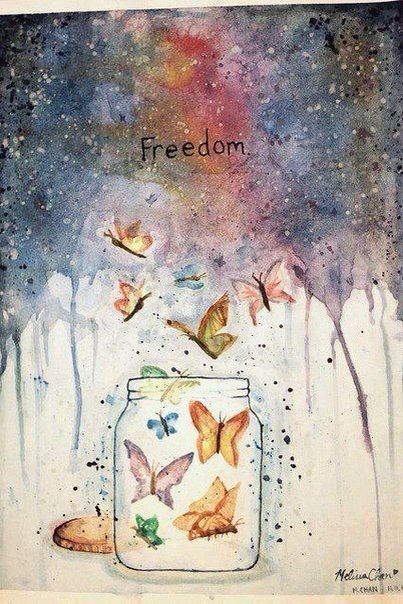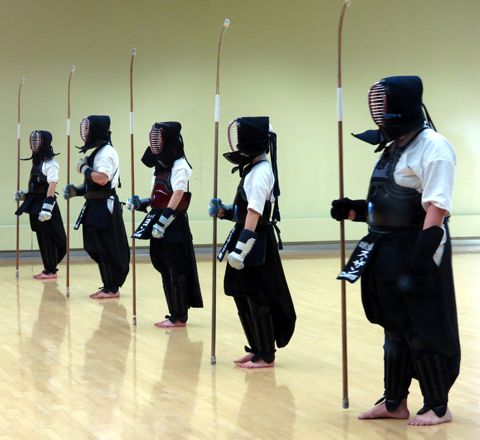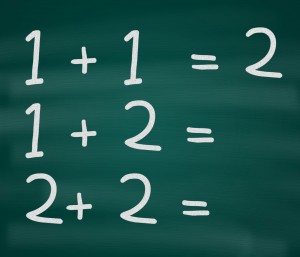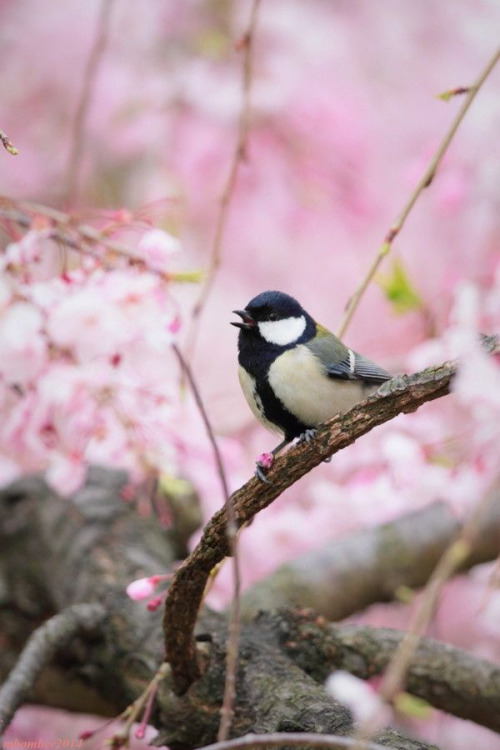"Each day learn something new, and just as important, relearn something old." - Robert Brault
The battle cry of today's society might just be, "Out with the old and in with the new!" But, is this adage really all that correct?
In today's instant society it makes sense to let go of what is "old" to make way for something new especially when it comes to technology. However, in the martial arts, it is the complete opposite. We intentionally take the road that leads us back to old in order to prepare us for the new.
These so called "old" skills are what most in martial arts refer to as "the basics." It is easy today to jump into something much fancier, fun or exciting and to neglect or shy away from the things that are seemingly boring or outdated. In the old days a common compliment about a good student was, "The basics are there." If the student mastered the basics then it reflected well upon not only the student but the teacher as well.
Today, schools are cancelling music programs, only 10% of the cars sold in America are manual transmission and some schools don't even teach cursive handwriting. Before we can throw something out, we must be sure we know exactly what it does or how it impacts us.
As you can see from the infographic about handwriting skills, there are numerous benefits to being able to write in cursive. The critical skills that one acquires from music, cursive handwriting or driving a manual transmission car are almost immeasurable. Because there is no direct connection and any connection is circuitously obtained it is easy to accidentally throw them out as we separate the chaff from the wheat.
What made our previous generations perhaps better than our generation today? It is hard to say, but one could argue that their "manual" skills or basics were much greater than ours.



